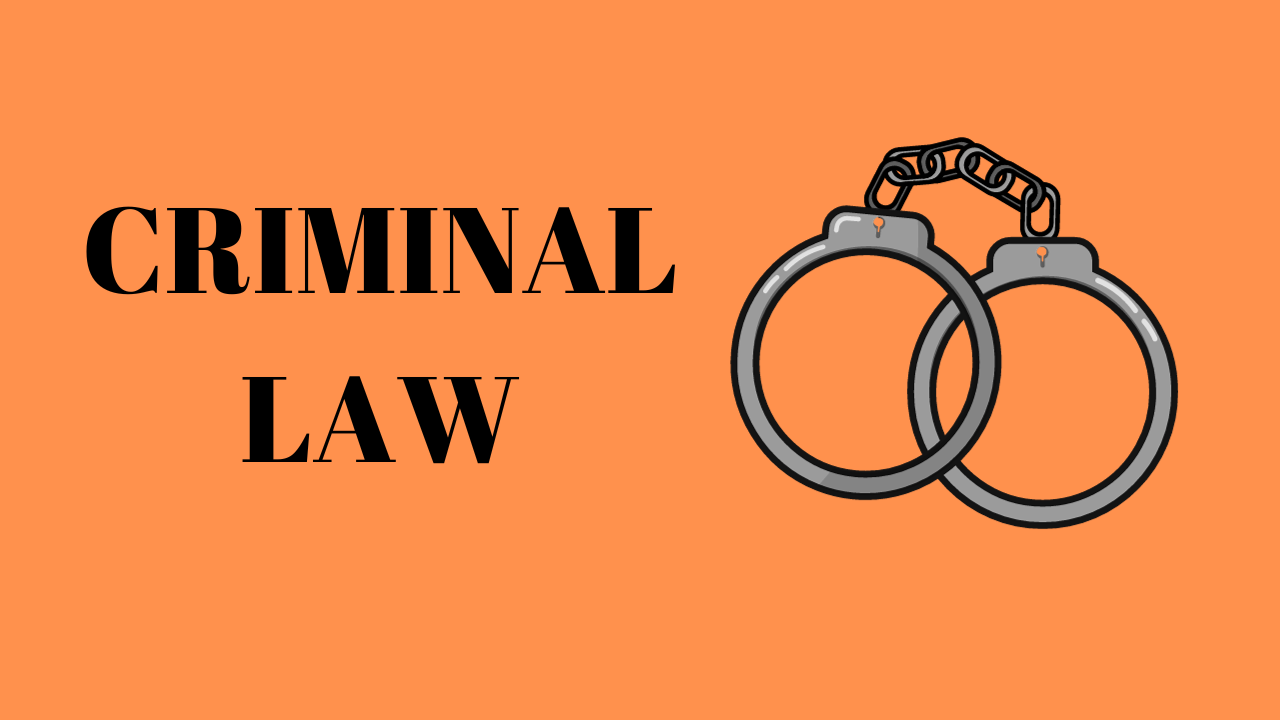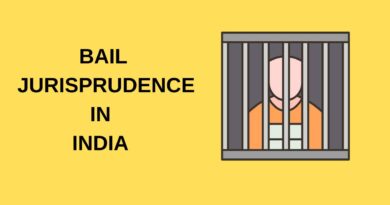A CRITICAL APPRAISAL OF STATUTORY APPEALS FROM TRIBUNALS TO THE SUPREME COURT
Constitution has granted several jurisdictions to the Supreme Court. Constitution grants writ jurisdiction to Supreme Court for protection of Fundamental Rights under Article 32, Original Jurisdiction under Article 131, Special Leave Jurisdiction under Article 136, and Appellate Jurisdiction under Article 132, 133 and 134.
Other than these jurisdictions, provisions have been made under several statutes providing for appeal from orders of Tribunals. These statutes bypass High Courts and provide for direct appeal to the Supreme Court.
- Appeal under Section 35L of the Central Excise Act, 1944
- Appeal under Section 116A of the Representation of People Act, 1951
- Appeal under Section 38 of the Advocates Act, 1961
- Appeal under Section 261 of the Income Tax Act, 1961
- Appeal under Section 130 E of the Custom Act, 1962
- Appeal under Section 19 (1) (b) of the Contempt of Courts Act, 1971
- Appeal under Section 374 and 379 of the Code of Criminal Procedure, 1973
- Appeal under Section 23 of the Consumer Protection Act, 1986
- Appeal under Section 19 of the Terrorist and Disruptive Activities (Prevention) Act, 1987
- Appeal under Section 10 of the Special Courts (Trial of Offences relating to Transactions in Securities) Act, 1992
- Appeal under Section 15Z of the Securities and Exchange Board of India Act, 1992
- Appeal under Section 18 of the Telecom Regulatory Authority of India Act, 1997
- Appeal under 53T of the Competition Act, 2002
- Appeal under Section 125 of the Electricity Act, 2003
- Appeal under Section 25 of National Tax Tribunal Act, 2005
- Appeal under Section 30 of the Armed Forces Tribunal Act, 2007
- Appeal under Section 37 of the Petroleum and Natural Gas Regulatory Board Act, 2006
- Appeal under Section 31 of the Airports Economic Regulatory Authority of India Act, 2008
- Appeal under Section 22 of the National Green Tribunal Act, 2010
- Appeal under Section 423 of the Companies Act, 2013
- Appeal under Section 38 of the Pension Fund Regulatory and Development Authority At, 2013
- Section 21 of the Black Money (Undisclosed Foreign Income and Assets ) and Imposition of Tax Act, 2015
- Section 62 and 182 of Insolvency and Bankruptcy Code, 2016
- Appeal under Section 118 of the Central Goods and Services Tax Act, 2017
Enlargement of Jurisdiction of the Supreme Court
Article 134 (2) empowers the Parliament to enlarge jurisdiction of the Supreme Court in respect of criminal matters. There does not exist any similar provisions in case of civil matters. It is questionable whether provisions of statutory appeal can be made.
Statutory Appeal and Article 226
Power of judicial review under Article 226 has been held to be part of basic structure of the Indian Constitution. Even after providing for statutory appeals before the Supreme Court, the power of the High Court under Article 226 can not be ousted. This creates an anomalous situation.
Conversion of Supreme Court into Appellate Court
Statutory appeals are clogging the Supreme Court. The Supreme Court is getting less and less time for determination of constitutional issues. Majority of time of the Supreme Court is being invested in determination of statutory appeals. There has been inordinate delay in determination of Constitution Bench judgments.
Against the Spirit of Tribunals
Tribunals have been established for faster delivery of justice. Creating another layer of appeal to the Supreme Court will lead to further delay and is against the very spirit under which tribunal has been established.
The Supreme Court in Roger Mathew Vs. South Indian Bank Ltd & Ors (2019 ) 15 SCALE considered these aspects and advised the Union of India to revisit these provisions providing for direct appeal to the Supreme Court. The Supreme Court opined that instead provisions should be made providing for appeal to division bench of the High Court.
________________________________________________________
Mukesh Kumar Suman is an advocate and legal author based at Delhi. He regularly appears before various Judicial Forums including NCLT, NCLAT, High Courts and the Supreme Court. He can be approached at mukesh_suman@outlook.com or +91 9717864570.



